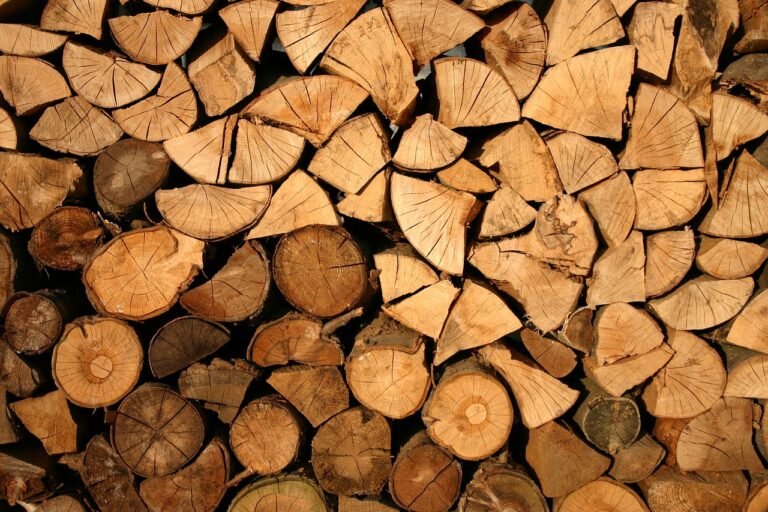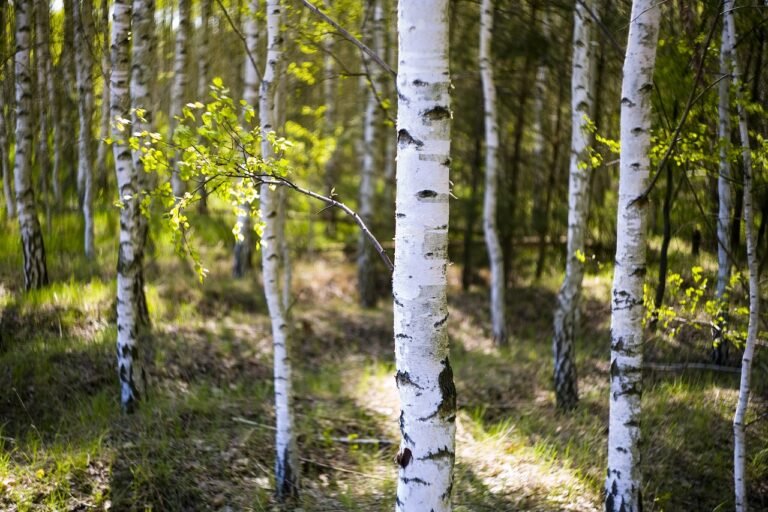Order Direct from the Manufacturer
Kiln Dried Birch Log Fires
Inferno or Ambiance: Kiln-Dried Birch Logs vs. Other Woods for Fires
The choice of firewood can make or break your fireside experience. Kiln-dried birch logs are celebrated for their qualities, but how do they compare to other woods used for fires? In this article, we will delve into the distinctions between kiln-dried birch logs and other types of firewood, helping you make an informed choice for your fire-making needs.
1. Moisture Content
Kiln-dried birch logs stand out due to their low moisture content. The controlled drying process in a kiln ensures that these logs have a moisture level of less than 20%. This characteristic results in efficient combustion, minimal smoke, and reduced creosote buildup in the chimney. In contrast, many other types of firewood, especially those with higher moisture content, can lead to smokier fires and increased creosote deposits in your chimney.
2. Heat Output
Birch logs, whether kiln-dried or not, are well-regarded for their moderate heat output. The dense wood provides a decent amount of heat, making it suitable for most heating needs. However, some other types of wood, such as oak and maple, have higher heat output due to their density and higher energy content. If you’re looking for intense and sustained heat, these woods might be preferable.
3. Burn Time
The burn time of birch logs, especially when kiln-dried, is relatively shorter compared to some other woods. While they burn consistently, the relatively low density of birch wood results in a quicker burn. This is ideal if you are looking for logs to burn for just a few hours in the evening without having to wait a long time before you can put the fire out.
4. Aroma and Smoke
Birch logs, when burned, emit a mild and pleasant aroma, contributing to the overall ambiance of your fire. The low moisture content of kiln-dried birch logs ensures that they produce minimal smoke and creosote. However, the same cannot be said for certain other woods like pine or cedar, which can release strong and sometimes acrid scents, along with more smoke.
5. Ash Residue
Kiln-dried birch logs produce relatively low ash residue. The clean combustion process results in fine, powdery ash that is easy to manage and dispose of. In contrast, some other woods, particularly those with higher resin content, may leave coarser and larger ash particles, making post-fire cleanup more challenging.
6. Low Smoke and Spark Emission
A crucial difference between kiln-dried birch logs and other woods is the low smoke and spark emission. The clean combustion of birch logs minimizes the release of sparks and smoke, making them a far safer option for both indoor and outdoor fires. On the other hand, certain other woods, particularly those with higher resin content, can emit more sparks and smoke, potentially posing safety hazards and diminishing the overall fire experience.
7. Sustainability and Environmental Impact
Birch is known for its sustainable growth patterns, making it an environmentally friendly choice for firewood. However, it’s essential to ensure that birch wood is sourced responsibly to maintain its sustainability. In comparison, the sustainability of other woods can vary widely. Some, like oak or maple, may be responsibly harvested, while others may contribute to deforestation or environmental damage.
Conclusion
Kiln-dried birch logs offer specific advantages such as low moisture content, moderate heat output, mild aroma, minimal smoke, and low ash residue. These characteristics make birch logs an excellent choice for a clean and enjoyable fire. However, their relatively shorter burn time and the need for more frequent refueling may not be ideal for those seeking extended, consistent warmth.
While birch logs have their merits, it’s crucial to consider your specific heating or fire-making needs when choosing the right wood for your fires. Some woods, like oak or hickory, may be better suited for those who require intense heat and extended burn times, while birch logs excel in providing a pleasant and clean-burning fire, adding to the ambiance of your fireside experience.



